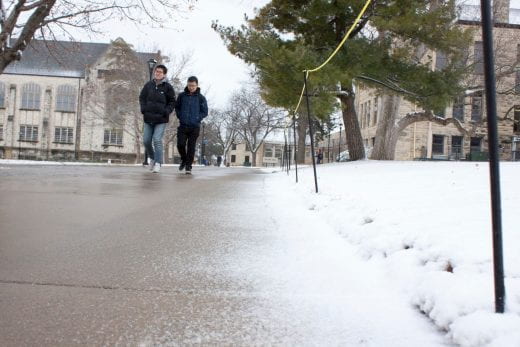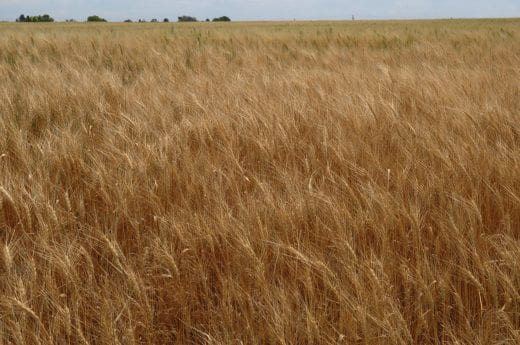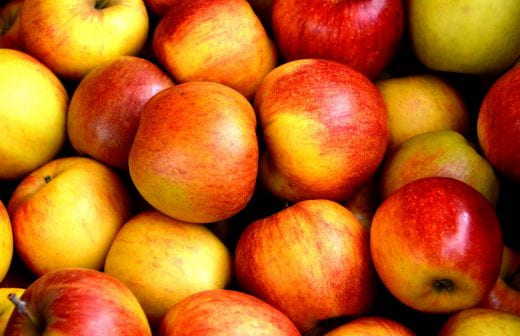Welcome to Better Kansas, where every Thursday we shed light on events, resources and other information designed to make your life, businesses, communities and state better. This is a small glimpse of what K-State Research and Extension across the state has to offer. Share on social media and subscribe! – Mary Lou Peter mlpeter@ksu.edu
Better Living, Better Communities

 A FEW MONTHS AGO, I wrote about choosing an in-home child care provider and linked to a resource focused on that. But a child care center or preschool may make more sense for your family. It’s a good idea to visit more than one and ask plenty of questions. How is discipline handled? Is lunch provided? Is there a specified place for a child’s personal belongings? What plans are in place in case of emergency? Will they put my child out by the curb if I don’t pick him up in time? (Just kidding with that last one …. if you get that impression, better scoot on out of there!) Check out Choosing Child Care for your Children: Child Care Centers and Preschools for a whole lot of things to consider.
A FEW MONTHS AGO, I wrote about choosing an in-home child care provider and linked to a resource focused on that. But a child care center or preschool may make more sense for your family. It’s a good idea to visit more than one and ask plenty of questions. How is discipline handled? Is lunch provided? Is there a specified place for a child’s personal belongings? What plans are in place in case of emergency? Will they put my child out by the curb if I don’t pick him up in time? (Just kidding with that last one …. if you get that impression, better scoot on out of there!) Check out Choosing Child Care for your Children: Child Care Centers and Preschools for a whole lot of things to consider.
Better Farming, Ranching and Gardening
 WIND: We’ve got it! COLD WEATHER: We’ve got that, too! I don’t remember weather forecasters mentioning the “Wind Chill” Index when I was growing up. At some point, however, reporting on not only the temperature but also the wind speed (together they determine the wind chill) became part of weather forecasting during the cold winter months. It turns out the wind chill index was first developed in 1945 by Antarctic explorers. The National Weather Service started using the index in the late 1960s in its forecasts. Take a look at this Kansas Mesonet page to check wind chill details across the state.
WIND: We’ve got it! COLD WEATHER: We’ve got that, too! I don’t remember weather forecasters mentioning the “Wind Chill” Index when I was growing up. At some point, however, reporting on not only the temperature but also the wind speed (together they determine the wind chill) became part of weather forecasting during the cold winter months. It turns out the wind chill index was first developed in 1945 by Antarctic explorers. The National Weather Service started using the index in the late 1960s in its forecasts. Take a look at this Kansas Mesonet page to check wind chill details across the state.
 World Without Wheat is a short, but thought-provoking, educational article by one of our extension agents, about the crop that Kansas is well-known for around the world. It touches on why the number of acres being planted to wheat across the state has been declining, who our customers for Kansas and U.S. wheat are, and who is our wheat-growing competition on the world market. There’s also a section on what farmers might do with the land on which they’ve typically grown wheat. Check out World Without Wheat.
World Without Wheat is a short, but thought-provoking, educational article by one of our extension agents, about the crop that Kansas is well-known for around the world. It touches on why the number of acres being planted to wheat across the state has been declining, who our customers for Kansas and U.S. wheat are, and who is our wheat-growing competition on the world market. There’s also a section on what farmers might do with the land on which they’ve typically grown wheat. Check out World Without Wheat.
 IF YOU’RE A SERIOUS FRUIT GROWER and especially if you grow fruit to sell, take a look at the Midwest Fruit Pest Management Guide 2019-2020. The publication was put together by a team of expert entomologists, horticulturists and plant pathologists who understand Midwest production challenges best because it’s where they live and work. It covers the nitty gritty on pesticide safety and regulations, from apples to grapes to berries and more. It even has a section on vole control. Unfortunately, voles, insects and other pests like fruit as much as we do.
IF YOU’RE A SERIOUS FRUIT GROWER and especially if you grow fruit to sell, take a look at the Midwest Fruit Pest Management Guide 2019-2020. The publication was put together by a team of expert entomologists, horticulturists and plant pathologists who understand Midwest production challenges best because it’s where they live and work. It covers the nitty gritty on pesticide safety and regulations, from apples to grapes to berries and more. It even has a section on vole control. Unfortunately, voles, insects and other pests like fruit as much as we do.
_
For more resources and activities, contact the K-State Research and Extension office in your area. Check out our other blogs and subscribe to our weekly emails here: https://www.ksre.k-state.edu/news/blogs/





